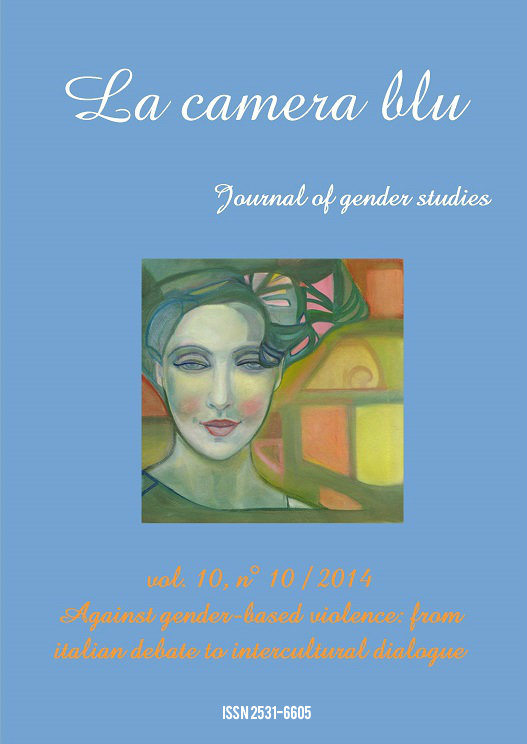The mother who cannot provide liberation: family atom analysis of women victims of domestic violence
Abstract
The present contribution presents the discussion about the analysis carried
out on family atoms that were completed in the first psychodrama group
meetings carried out in all the Empower Daphne III program partner countries.
The issue of the relationship with the mother is central to the aim of
the project, in that we hypothesise that the mothers of victims are incapable
of educating their daughters about personal autonomy in relation to men,
due to the traditional culture in which they grew up in. The article presents
information about the use and processing of the survey tool “Family atom ”
created by Jacob Moreno and the analysis of the data that emerged in parallel
to the reports sent periodically by the psychodramatists to the monitoring
and analysis team. From the results three types of maternal relationships
emerge (positive, negative and incongruent) that enable us to confirm the
initial hypothesis of this action research.
Downloads
Copyright (c) 2014 La camera blu. Rivista di studi di genere

This work is licensed under a Creative Commons Attribution 4.0 International License.

Questa opera è distribuita con licenza Creative Commons Attribuzione - Non opere derivate 4.0 Unported.

